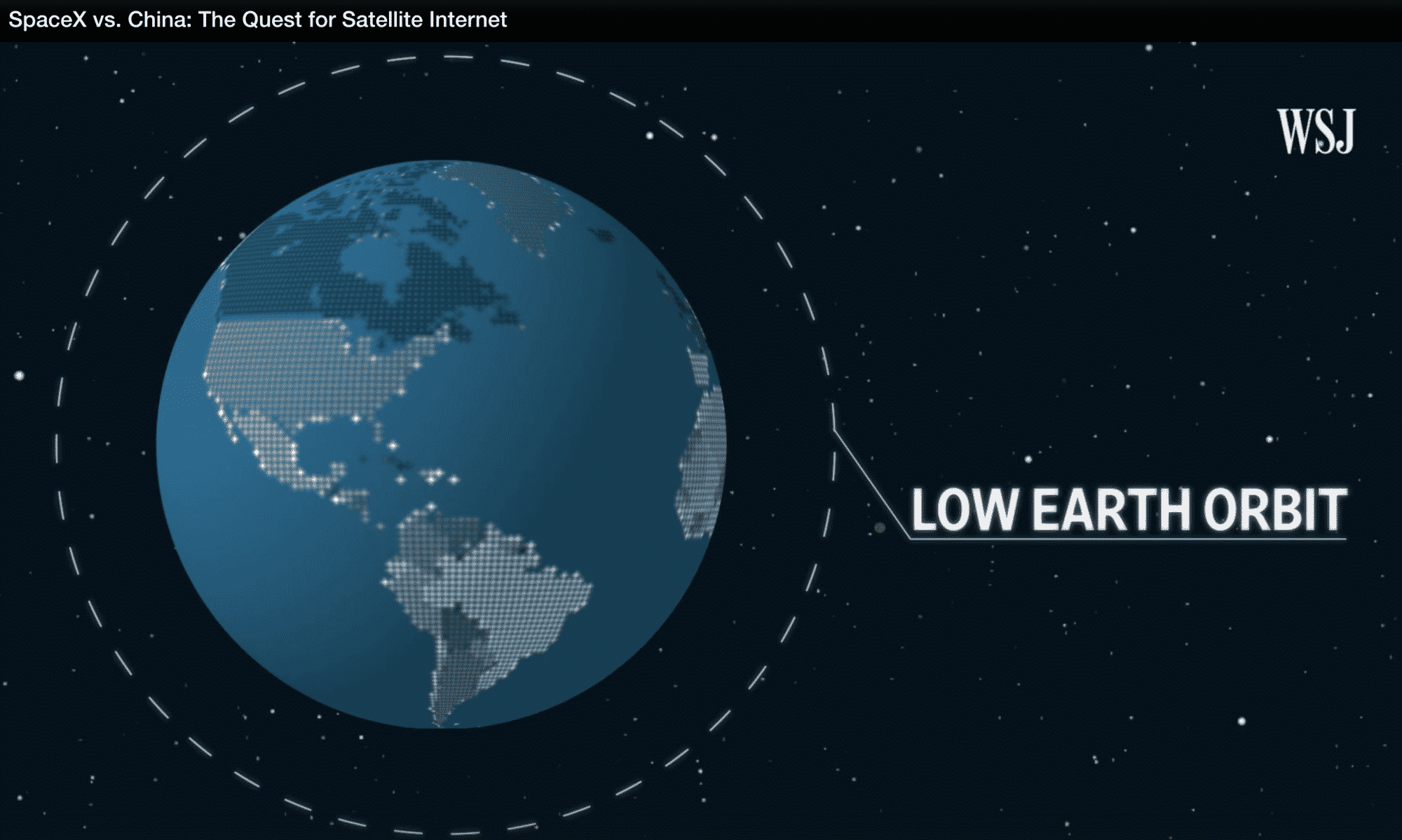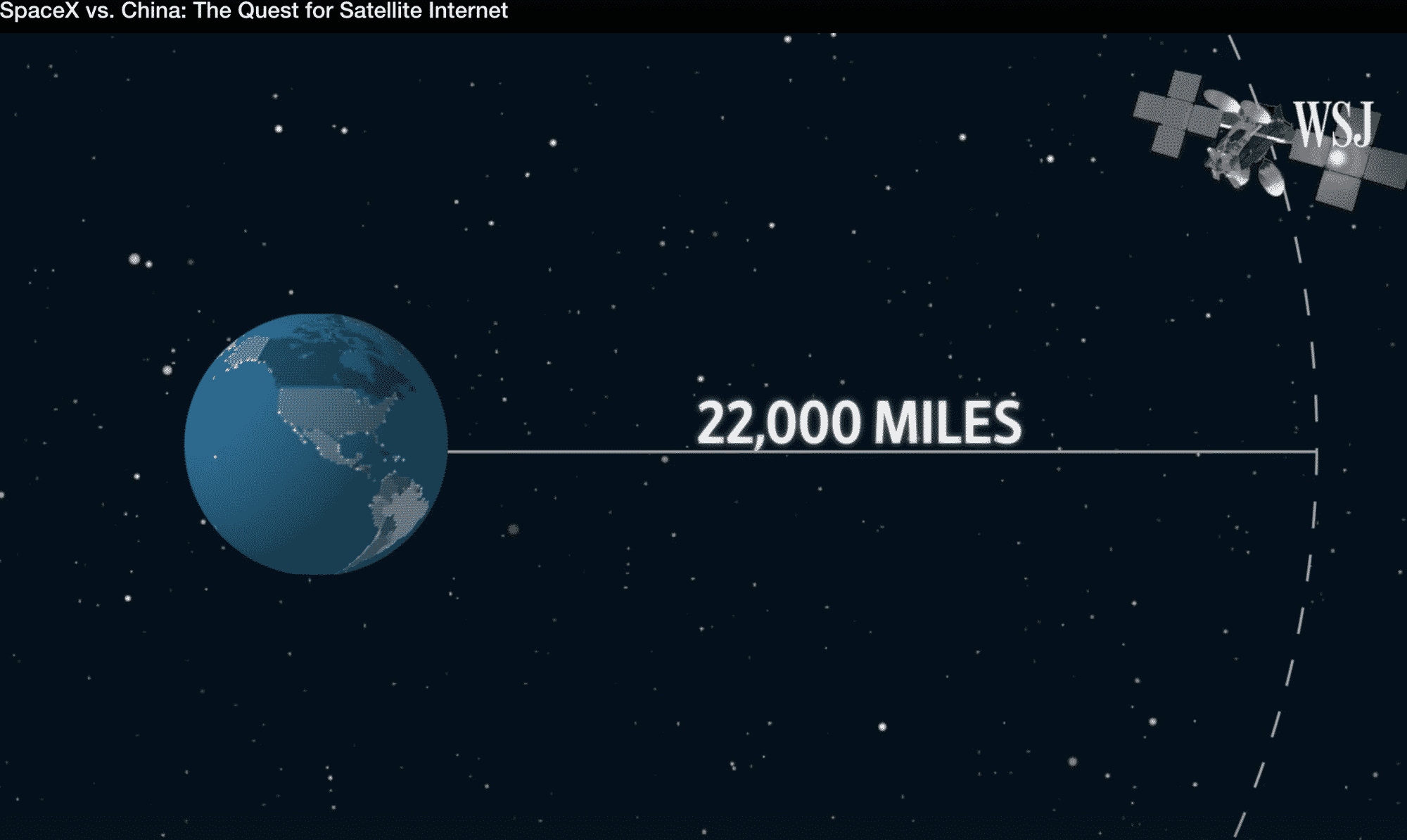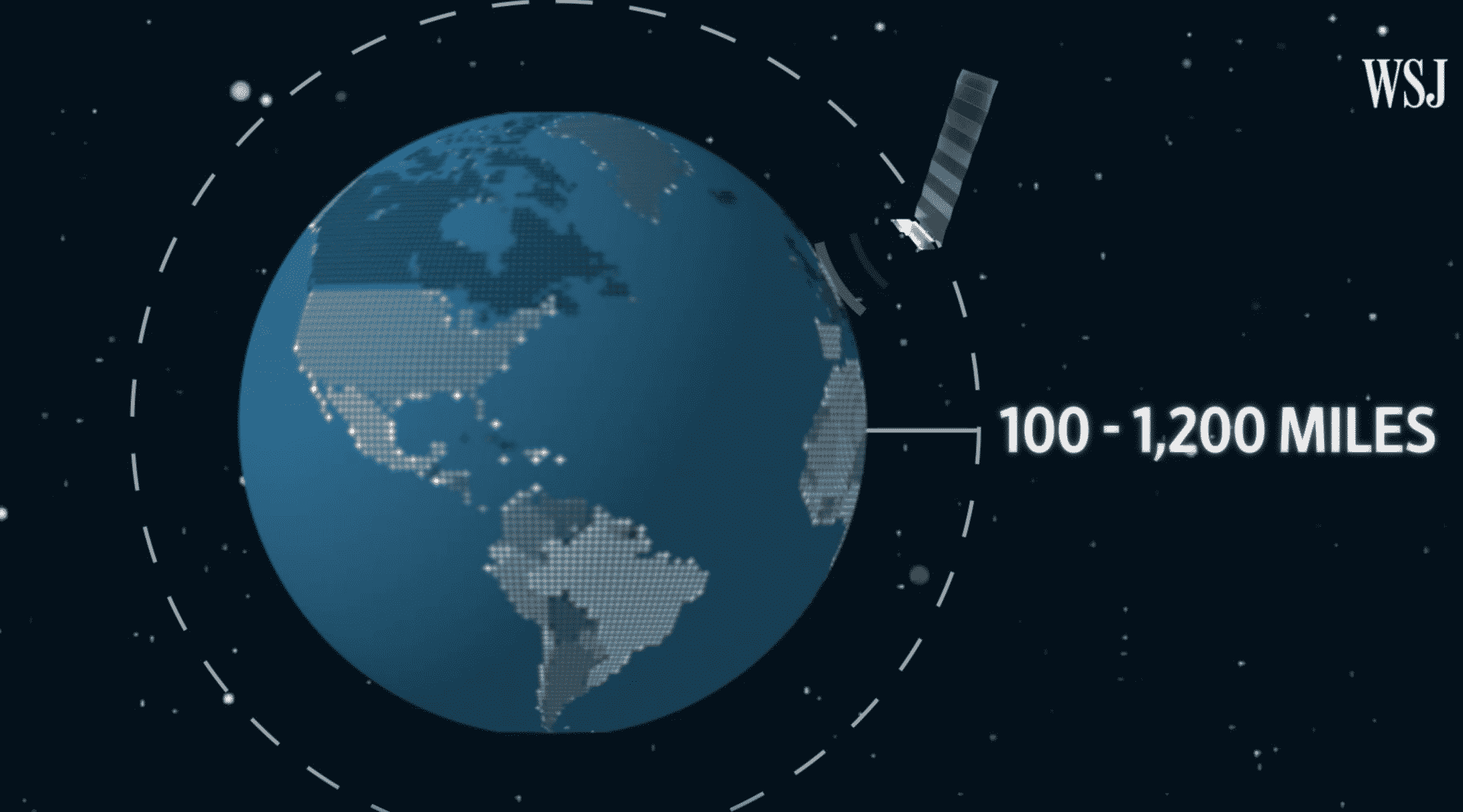The space scene is looking like a battle between SpaceX vs China. SpaceX is ramping up the rocket launches in order to conquer the internet from space. The company has launched more than a thousand satellites to build a network called “Starlink”. This was done with the aim to bring faster connections to billions of people.
Meanwhile, China has only launched a few test satellites. But the country has sent what it calls “The world’s first 6G satellite”. It says it will provide faster service than what’s available on earth.
The satellite internet market is expected to be worth more than $412 billion by 2040.
The world seems to have an insatiable appetite for bandwidth.
Elon Musk, CEO – SpaceX
Why is the space race in SpaceX vs China?
This competition is taking place in an area called the low earth orbit.

It is first-come-first-serve. And the companies are racing to occupy those slots because the ones that manage to get there first with the capability of the present, will be able to set the rules. If you have 6G, your ability to apply automation is going to improve exponentially. We mean, better manufacturing, better 3-D printing, Better self-driving cars.
Namrata Goswami, Independent Space Policy Researcher
Namrata Goswami says that China’s 6G network can have a big impact once it’s up and running. Since you become the first country to do it, you set a global standard and rules in terms of how this is going to be regulated. Those who are first there will be able to standardize the procedures of that particular market. And also set the innovation cycle in technology.
Privacy and security concerns cannot be ruled out
This comes with privacy and security concerns. Big networks of satellites generate a lot of personal data. The concerns are that the data could be turned over and used for espionage, intelligence operations. It could be used to have an economic advantage as they can spy into the other country’s economic system. One such example is the Chinese telecom company Huawei which has set up 5G networks abroad. Regarding this, the US govt has said that it can be used to spy and sabotage.
In this scenario, if we do SpaceX vs China, SpaceX has a big advantage. While China has a rule for the companies to work with the intelligence agencies and turn over data whenever such a request is made, SpaceX will not give data to the Govt. just because a request was made. The government will have to go to court to get permission.
Still, SpaceX is moving ahead with a larger fleet of satellites, while, the relative newcomer, China, is betting on faster internet speed to build an internet network in space.
Magical speeds promised

Satellite internet is not a new concept. Since the mid-1990s, people who lived in remote areas, have relied on satellites for access to cell towers. These satellites are in orbit at around 22000 miles from earth. This distance results in slow speed. Because China’s satellites and Starlink network are much closer to the earth, it means they can provide much faster services.

SpaceX is currently promising its Beta test customers in the US, speeds between 50-150 MBPS. This is still below the country’s average broadband speed of 191 MBPS.
China has yet to demonstrate how its service network works. The university that worked on the 6G satellite says that it can potentially reach up to the speed of at least 1 TBPS.
The communication speed is expected to be 100 times faster than 5G.
Lu Chuan. Dean of University of Electronic Science, and Technology of China
An example of yet another SpaceX vs China is, if you downloaded a 1 GB movie using Starlink, it will take you 10 seconds. But, if you downloaded 1000 movies of 1 GB each using China’s 6G network, it will take you 1 second.
Therese Jones is a senior policy director in the satellite industry association. She has been studying satellite communications for 7 years. She says that SpaceX has a big advantage having been the first mover. It takes incredible ability to even send 1500 satellites into orbit and have that level of manufacturing capabilities to reach that point. “SpaceX has the goal of providing ubiquitous connectivity across the globe.
SpaceX’s goals and plans
It has taken 3 years for the company to plot a constellation of those 1500 satellites. They plan to deploy a total of 12000.
After an installation fee of $600, the monthly fee to use the Starlink network would be about $100. SpaceX says that it has already received more than 500,000 pre-orders for its service. The company’s plan to expand could get a big boost from the US govt. as it recently won rights to $886 million in subsidies
For now, SpaceX is moving ahead by seeking permission for another 30,000 satellites. But China still has one advantage up its sleeve. It can always make it mandatory for its citizens to have that kind of service on their devices.



